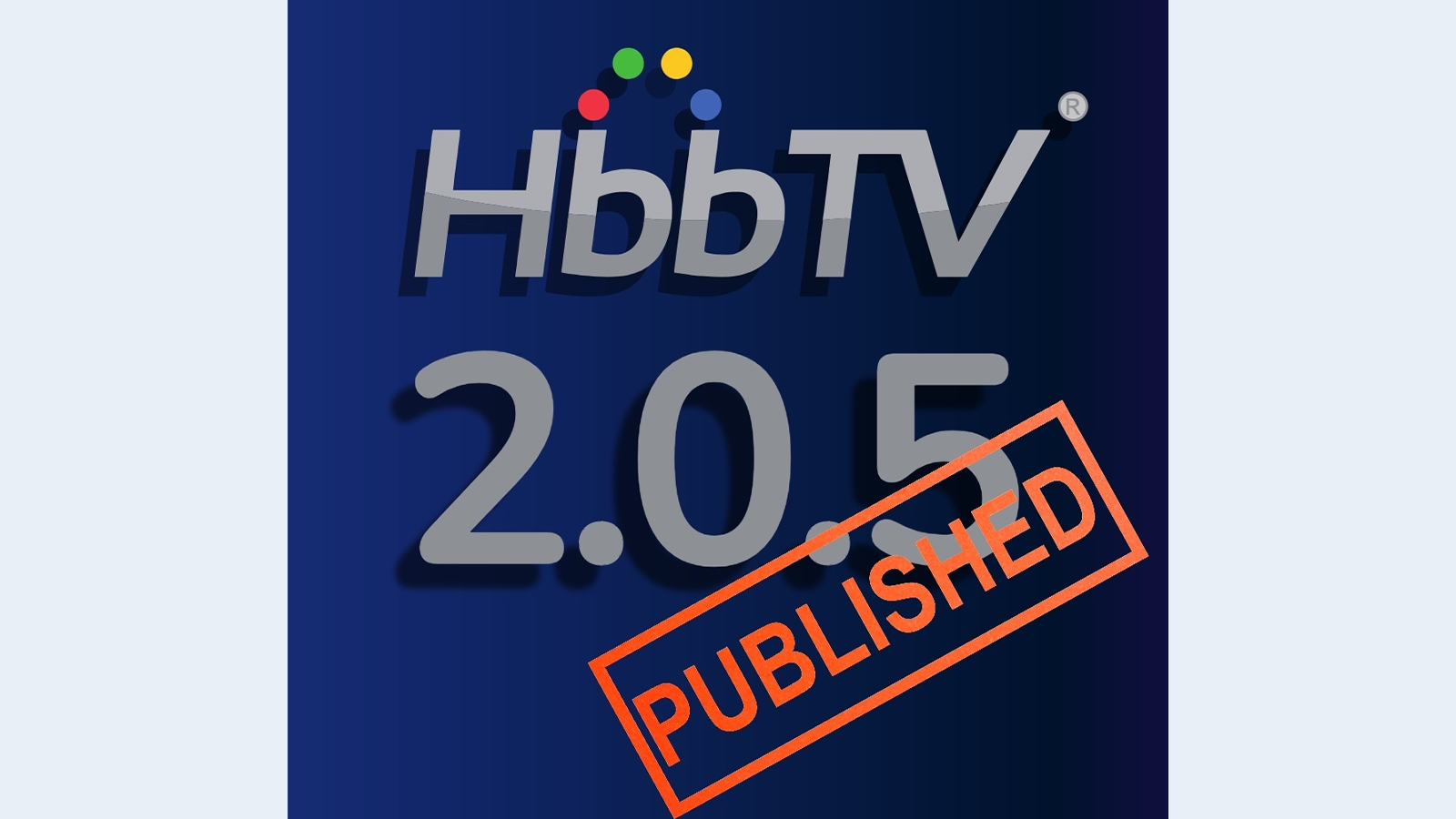Vodafone Germany gives up on football rights
The professional video industry's #1 source for news, trends and product and tech information. Sign up below.
You are now subscribed
Your newsletter sign-up was successful

Vodafone Germany put a brave face on its withdrawal from bidding for the Bundesliga football rights by suggesting that it preferred to go after viewers not interested in sport.
But, then Vodafone gave the game away by admitting it would like to collaborate with whomever does buy the rights over showing some football matches, presumably only recorded highlights. Yet, given that Vodafone’s stated reason for pulling out of the bidding was that it considers football rights have become over inflated in value in Germany, as elsewhere in Europe, it is surprising the operator considers it will get value for money from another company that has found the cash to buy the full rights.
The drift of Vodafone Germany’s thinking though can be divined from comments made by its CEO, Friedrich Joussen, upon announcing the withdrawal. First, he stated that no operator, not even Sky Deutschland, which has three million pay TV subscribers, can make money from showing football matches if they have to pay €1 billion or more for the rights ove, say, a three-year period. This can be seen from a recent survey of German consumers by the Munich-based consultancy goetzpartners, which found that consumers are on average willing to pay just €2.80 more per month in order to view Bundesliga matches, a far lower sum than in the UK, where many people pay around €25 per month extra for Sky Sports largely for access to Premier League football. In Germany, this means that even if all of Sky’s subscribers purchased the additional sports package at that €2.80 per month rate, it would only recoup about one-third of the amount paid for rights through subscriptions, and would not be able to make up all the rest through advertising.
For Vodafone, the problem would be far worse, since it only has 100,000 TV subscribers, and so it can be seen why bidding for Bundesliga would have been a huge gamble in the hope that having the rights would drive massive growth in viewers. The hope would be that the rights operate as a lever to open the great untapped potential of Germany’s hitherto under-subscribed pay TV market, which accounts for only about 25 percent of the country’s 40 million households.
But not bidding for the rights is also a big gamble, made in the hope of breaking out of the stranglehold sporting rights owners have over pay TV operators and broadcasters. It is the same in the U.S., where rights to the NFL (National Football League), or MLB (Major League Baseball) often no longer generate direct profits, with the networks or operators buying them tending to break even at best. This is a wonderful business model for the sports leagues themselves as the rights owners, executed on the basis that no pay TV operator can win customers and therefore potential for selling other content and associated advertising unless it has premium sports rights.
In Germany, that survey by goetzpartners, while finding that people are not prepared to pay as much to see football matches as elsewhere, still showed that they would pay more for the Bundesliga than anything else. German viewers express high levels of dissatisfaction with their TV content, and a corresponding reluctance to pay much for it, but many do like football. That is why part of Vodafone Germany’s strategy involves acquiring some sort of football rights from the eventual successful bidder for the Bundesliga matches, in the hope this will be sufficient to attract many customers who are not quite so fanatical about the sport but still want to see some of the action.
In order to succeed, such a strategy probably relies on other pay TV operators starting to take similar lines, in effect calling the bluff of the rights holders. There is little sign of that happening just yet, but for the bubble of premium sports rights to continue growing, the public will have to go on consuming ever more of the resulting content. This is a bubble that has to burst some time.
The professional video industry's #1 source for news, trends and product and tech information. Sign up below.
